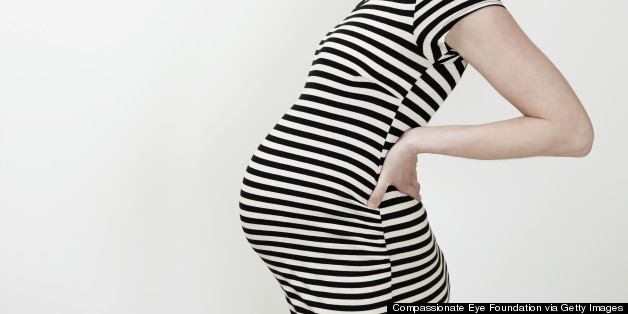
The American Heart Association released its first-ever guidelines on stroke prevention in women on Thursday, and they shine a spotlight on many factors that affect 20- and 30-somethings specifically.
Birth control pills, pregnancy and certain types of migraines can all play a role in determining a women's stroke risk, both immediately and down the road, the AHA emphasizes.
"It's something [younger women] need to think about," Dr. Cheryl Bushnell, associate professor with the Wake Forest Baptist Medical Center and author of the guidelines, told The Huffington Post.
A stroke occurs when blood supply to the brain is blocked or greatly reduced, which can lead to brain damage, disability or death.The National Stroke Association estimates that 425,000 women suffer from a stroke each year -- 55,000 more than men. Strokes are the third-leading cause of death for women in the United States, but just the fifth-leading cause of death in men. In the coming years, the number of women living with stroke will increasingly outpace men, in part because women tend to live longer.
The authors of the new statement argue that how society adapts to that anticipated uptick has serious consequences. "Now more than ever," they write, "it is critical to identify women at higher risk for stroke and initiate the appropriate prevention strategies."
Here are some of the areas that pertain to younger women:
Birth Control Pills
A common side effect of birth control pills and other hormonal contraceptives is an increase in blood pressure, though that is typically not a major concern. Studies have linked oral contraceptives to an increase in stroke risk, though the overall risk is low. "If you're in your 20s, the absolute risk is probably 5 to 10 per 100,000 and it might increase to 10 to 20 per 100,000," said Bushnell. "For a woman in her 40s, the risk of stroke is probably on the order of 60 per 100,000, and then it doubles to 120 per 100,000 with oral contraceptives."
Given that birth control pills can affect blood pressure levels and stroke risk, the guidelines state that all women should be screened for high blood pressure before being prescribed birth control pills, and emphasize that they can be particularly harmful in conjunction with other risk factors, such as smoking.
"Once you get over age 35, and particularly if you are smoking, the risk of having a stroke or a clot in other places in your body is higher when you take a birth control pill with estrogen," said Dr. Jennifer Frontera, an associate professor of Neurology and Neurocritical Care at the Cleveland Clinic, who did not work on the new guidelines, but reviewed them.
Pregnancy Complications
Blood pressure issues prior to and during pregnancy can also influence stroke risk. Therefore, the guidelines recommend that any woman with a history of high blood pressure before pregnancy talk with her health care provider about the possibility of taking a low-dose (i.e. "baby") aspirin during pregnancy, as well as calcium supplements. Both have been shown to lower risk of developing preeclampsia, or high blood pressure and excess protein in a woman's urine, which develops during her second or third trimester and cause problems for both mothers and babies.
"I personally don't think that most women know about this ... and that people outside of the OBGYN world are not familiar with the literature [on aspirin and calcium]," said Frontera. "I think it's very important that it was highlighted in this guideline."
Women who currently have preeclampsia or who have had it in the past should know they have twice the risk of stroke and four times the risk of developing high blood pressure later in life, as well as "very high risk during pregnancy, and right after they deliver," said Frontera. Again, this does not mean that women with preeclampsia will necessarily have problems. But Frontera said it emphasizes the importance of having regular check-ups in the postpartum period and beyond, so women can take steps to mitigate their risk.
Migraine With Aura
Women are four times more likely to have migraines than men, according to figures cited in the guidelines, and migraines are very rarely associated with stroke. However, migraines with aura -- or those preceded or accompanied by flashes of light, tingling and other visual disturbances -- are associated with higher stroke risk, particularly among women who are smokers and who take oral contraceptives.
Therefore, Bushnell recommends that women with migraine headaches with aura should stop smoking, and should be screened for high blood pressure before taking birth control pills. "Women who have migraines with aura, and who smoke and use oral contraceptives, have nine times the risk of someone who doesn't," Bushnell said.
